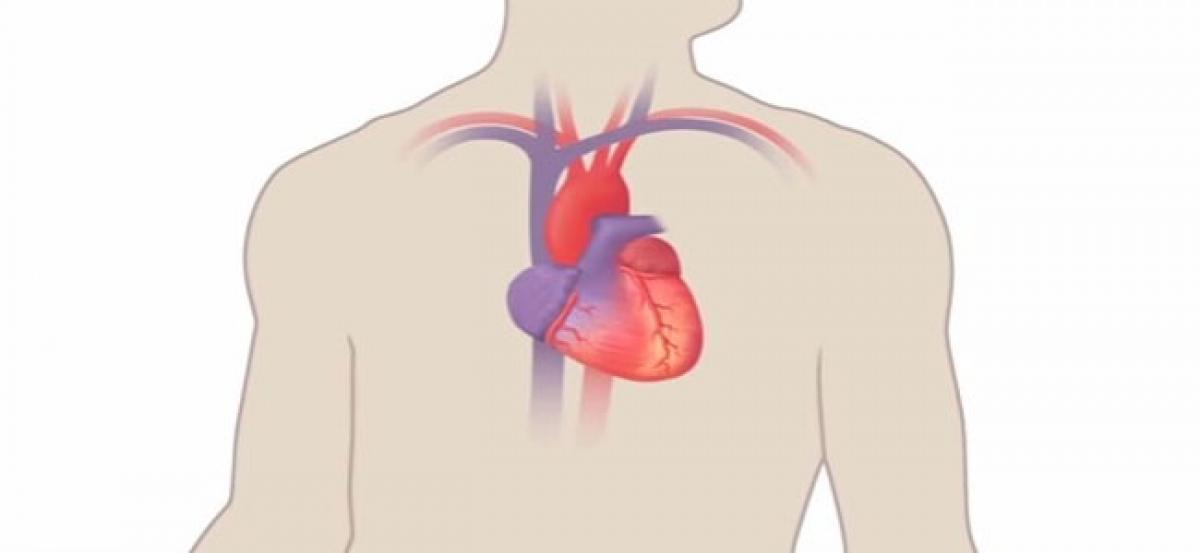Live
- Pakistan reports three new polio cases, 2024 tally reaches 55
- Multifold Increase in migratory bird population at TN bird sanctuary
- Archaka Maha Sabha in Jogulamba Gadwal District Highlights Key Demands for Priests' Welfare
- IPL 2025 Auction: Both Rahul and Starc are world-class players, says Delhi Capitals head coach Badani
- Committed to the Welfare of Brahmins - MLA Kuchukulla Rajesh Reddy
- MLA Shri Ganesh Participates in Maha Sudarshana Homam and Srinivasa Kalyanam in Secunderabad
- Terror hideout busted in J&K's Kupwara district
- PM Modi to throw open global cooperative conference on Monday
- Toyota Kirloskar Motor Celebrates “Namma Kannada Habba 2024” Japanese CEO Wins Hearts with Fluent Kannada
- India turning into world’s Deep Tech Hub as reforms reverse brain drain: Hardeep Singh Puri









